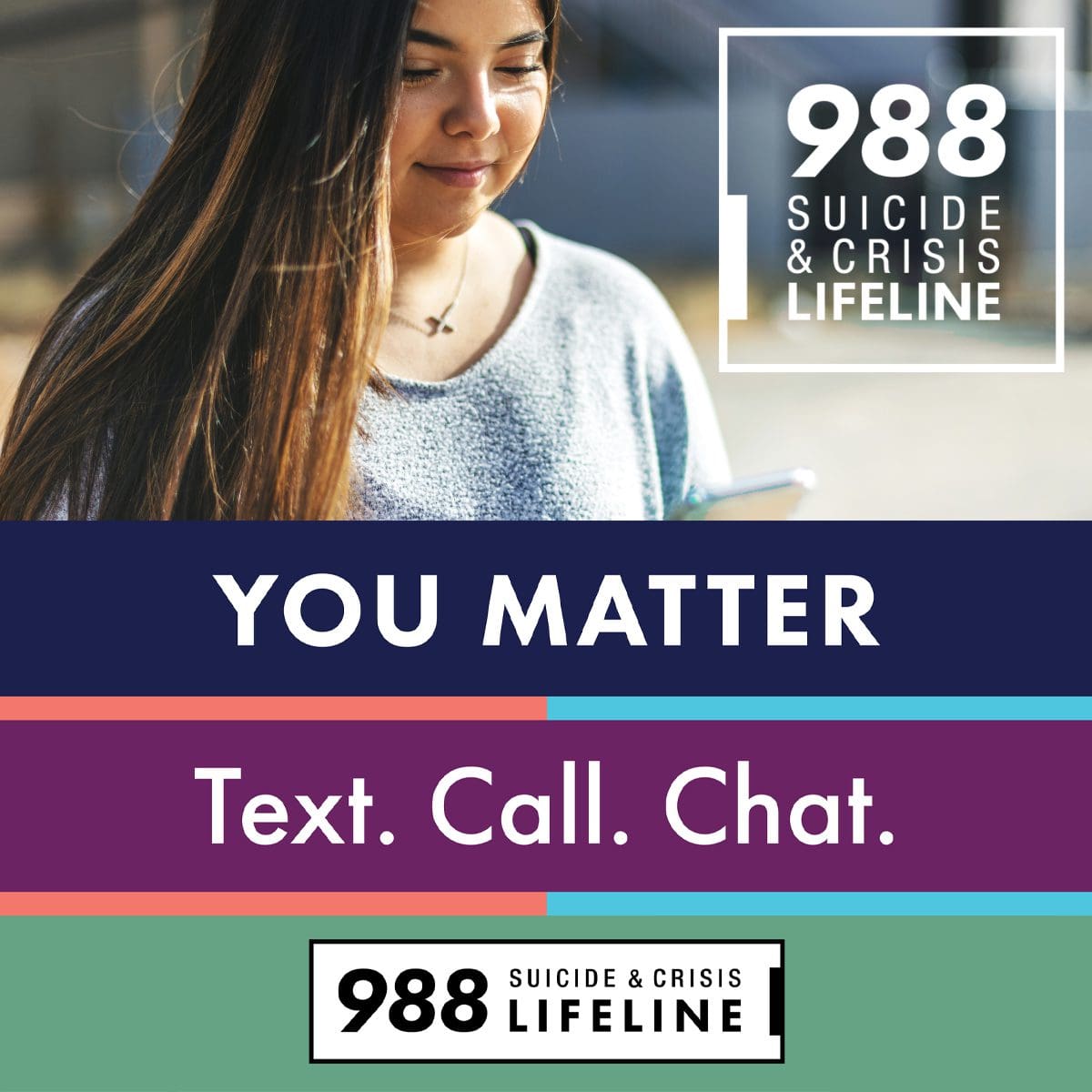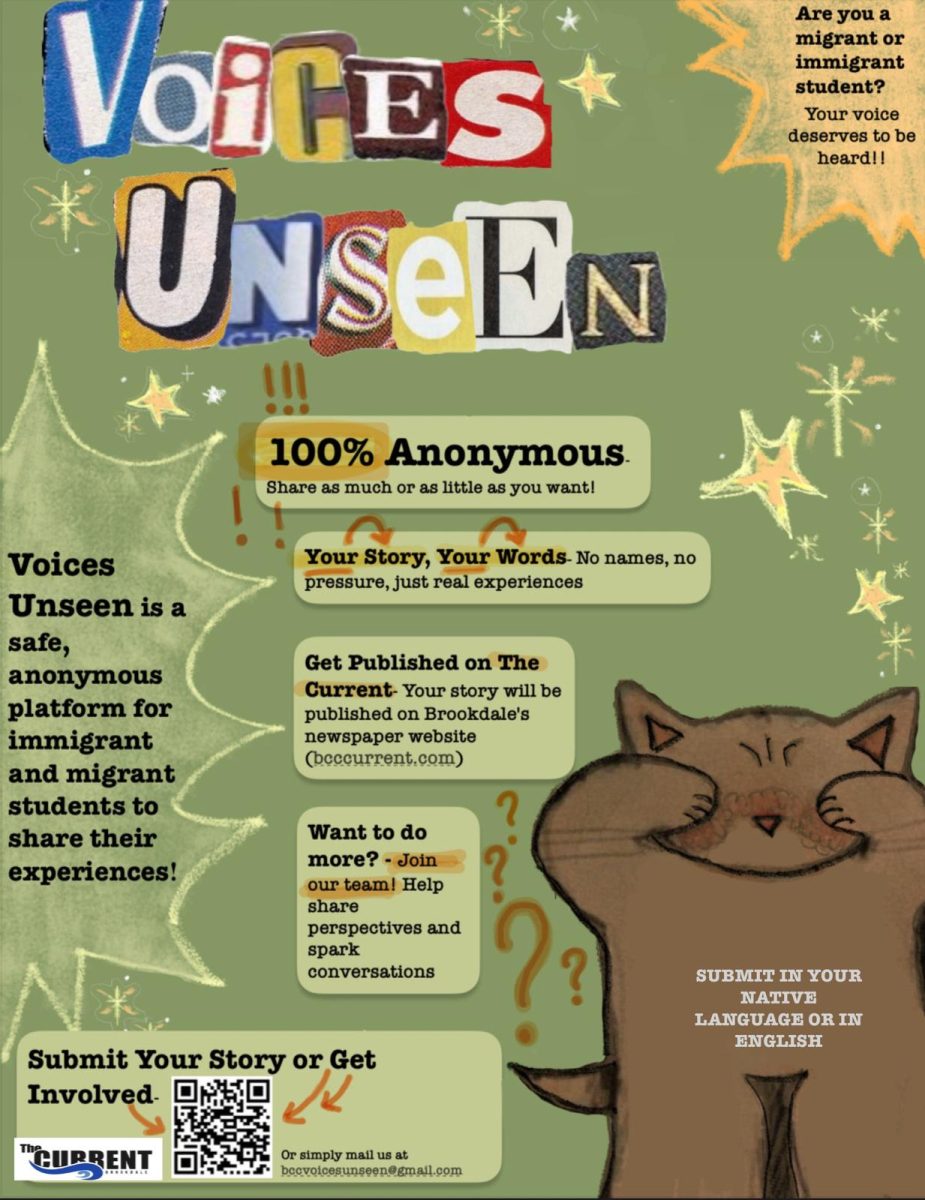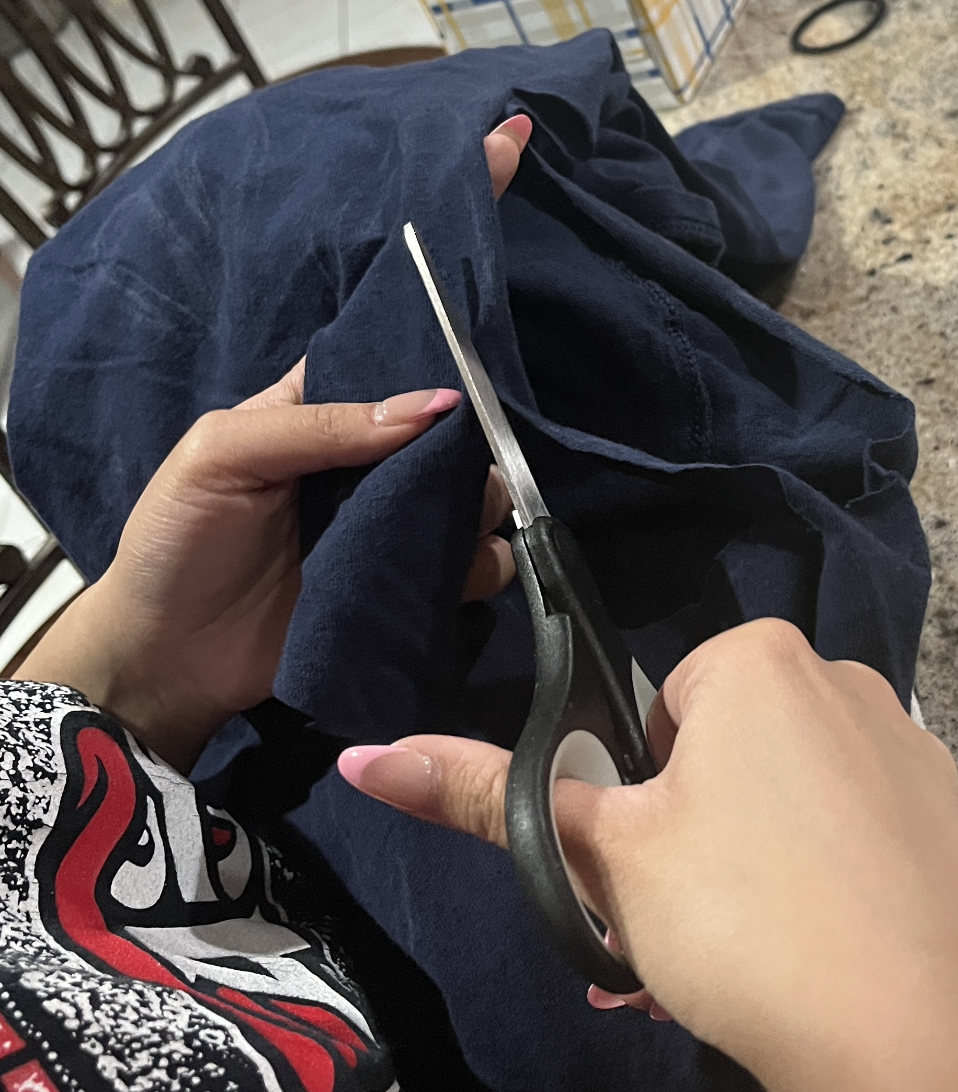Helping Hands hopes to create ‘Zen space’
There are a lot of things college students battle in their quest for an education. Stress, anxiety and depression are the most popular challenges, but what about basic needs? Swamped with essays, exams, work and relationships, it’s hard for students to balance it all while keeping sane, especially if coupled with hunger, transportation nightmares and housing issues.
This is the very point Brookdale’s English as a Second Language (ESL) Administrator, Synde Kaufman, is making to the college in an effort to fulfill student’s basic needs. “We know that we have fabulous teachers – mostly fabulous teachers. We’re a school. We educate. However, there’s a bigger picture. To get a student ready to learn and be in that moment to absorb the knowledge they need to be physically in the right state, you know, mentally, emotionally. So, we have to recognize that,” she said.
The American Psychological Association reported that 61 percent of college students who seek counseling report anxiety, 49 percent report depression and 45 percent report stress.
For the first time, the federal government has recognized food insecurity as an issue on college campuses in a surprising report that found millions of students potentially at risk of having no access to nutritious, affordable food.
The Government Accountability Office (GAO) found that out of the 31 studies they reviewed in the matter, 21 of those studies estimate that 30 percent of students are facing food insecurity.
Last year, Brookdale launched the Academic Master Plan, an initiative that addressed a spectrum of issues on campus and is meant to figure out what the college needs to focus on moving forward. As part of the plan came the student basic needs program, which Kaufman was asked to chair.
Tasked with conducting a student basic needs report, Kaufman gathered a larger group to figure out what sort of needs Brookdale students have, which ranged from food insecurity, transportation issues and emergency housing to having a washer and dryer on campus and an emergency fund set up for students in dire need. “If somebody’s car breaks down and they say ‘Hey, I need 500 bucks now,’ you know, until they get paid next week, that’s there for them,” she explained.
Kaufman said the college was happy with the report and although she was asked to write it up, she was never tasked with carrying it out. “The college never really quite got on board with assigning people” she said.
A project Kaufman is trying to push for now, and is slowly coming to fruition, is the Helping Hands Lounge, a space separate from the Student Life Center where students can relax. Kaufman, who is a founding member of Helping Hands, said that project is meant to address college hunger with its mantra plastered on orange buckets around campus, “Take what you need, leave what you can.”
“We did want to encourage people to sign up, confidentially,” she said, that way students can be notified about what other resources might be helpful to them, and even when there’s free food on campus. All students need to do is provide a name and contact information so they can be notified. “I’ve taken this one more and more,” she said, and it’s been running for almost three years.
The Helping Hands lounge is meant to coalesce this sense of security, by being a laid-back space that can also connect students to the resources they might need. “The idea that has always been in my head [is] a ‘Zen space’” Kaufman said, “A space that students can come to if they’re hungry, there can be food, but to just get away – again, not the Student Life Center – to come in, [there can be] adult color bookings, the salt lights, maybe running water, maybe a cool tapestry or something, as I said decorated with these inspirational [items, like the Kindness Rock Project]. You can just come to and breathe a minute.”
Whether that exact vision will come true is sketchy, due to limited funding, which has to be spent by June 30, but the college has designated a glass hallway on the second floor leading out of MAC to the MAN building to the Student Basic Needs program. The next step is getting facilities to clean out the space and the carpeting.
Although Kaufman wanted to include a food pantry, something 20 other colleges in New Jersey already have, she said “There’s been some push back from various parts of the college that feel the students wouldn’t use it. There’ll be a stigma. If they’re taking a bus, how are they going to carry home a can of soup.” Instead, the college agreed to microwavable meals or something students can add hot water too and eat on campus. They don’t want to call it a food pantry.
Kaufman already has food pantry donations and is passionate about seeing her vision became a reality in some capacity for Brookdale students. She wants to make use of the space as much as she can. “Some couches, some adult coloring books, make it pretty, make it nice, make it an escape,” she said.
She hopes the Student Basic Needs Survey, posted on Canvas, will help the project so it can better accommodate students. “We’re trying to get a feel for what the needs are. We do have money – not a lot of money, $5,000 – [so] what can we help with.”


























